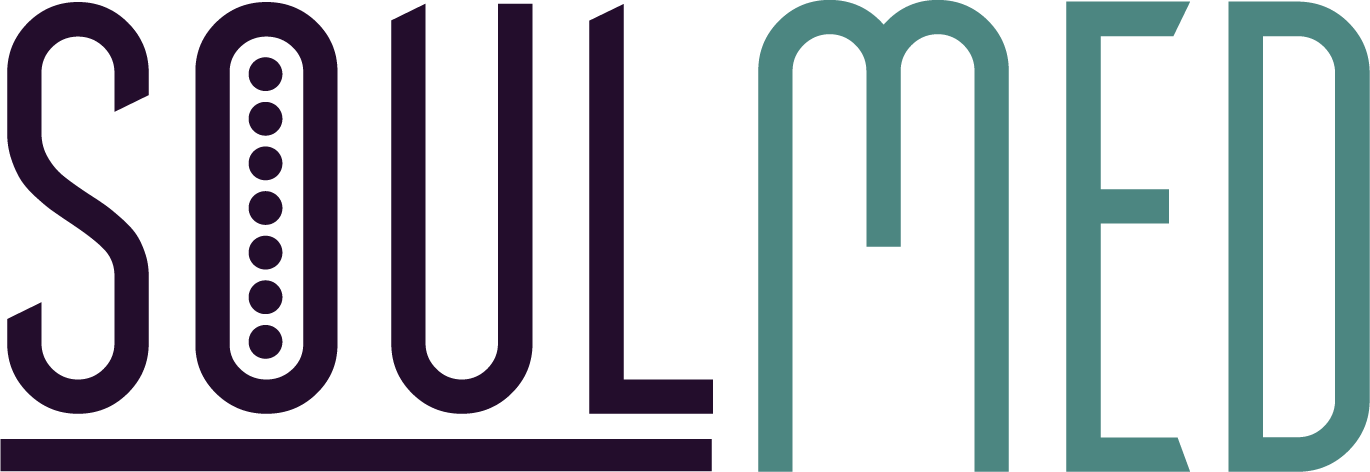As I type the Institute for Public Relations is accepting comments on what defines a profession and if public relations qualifies as a professional discipline. According to the website a published paper by Betteke van Ruler of University of Amsterdam ("Are PR Pros From Venus and Scholars From Mars?" ) questions which of the four models defines the public relations profession – knowledge, competition, personality and status models. Each model presents divergent views on the profession in the industry (and arguably beyond). My take: I agree with Cindy Small, a respondent on the site, who said, “Public relations cannot be pigeon holed into one model.”
I agree with academics who believe that education should be a requirement for employment. I agree with practitioners that argue that expert service, commitment, creativity and enthusiasm have to be a part of the public relations profession. I also agree with those that believe Accreditation is a trademark of professionalism.
While I agree with a component of each model, I would volunteer that the best model is one that requires a formal education in public relations. This education would teach practitioners in several key areas, including writing, research, media relations, communications theory, and business. It would also require practitioners to become Accredited.
Why? During my career I have met people that profess to do public relations. Each person had a different perspective on the profession that I am passionate about, and it usually had nothing to do with public relations. Many of them confused publicity, which is the oldest form of public relations (PT Barnum), as public relations. I have even been told: “Anyone can do public relations…I read a book and learned how to write a press release. It isn’t rocket science.” The only truth in that statement is that it isn’t rocket science…but it is a science.
A true public relations professional understands the importance of strategy, business, research, metrics, ethics, writing, and theory to the discipline…and they work hard to maintain the integrity of each area. They understand that creativity is only a part of the total equation. They understand that you don’t do public relations.
There is a lot of work that needs to be done to bring respect to the profession. The first step is making sure that we stop allowing people that claim to do public relations to associate themselves with our beloved profession.
The lesson. Every public relations practitioner has a responsibility to educate others about our profession. We must challenge the notion that anyone can do public relations. We must work hard to distinguish the role that public relations plays in the business environment. We must advance our profession. Each day ask yourself, “What have I done today to advance my profession?” If we do that, then in time we will receive the respect we deserve.
